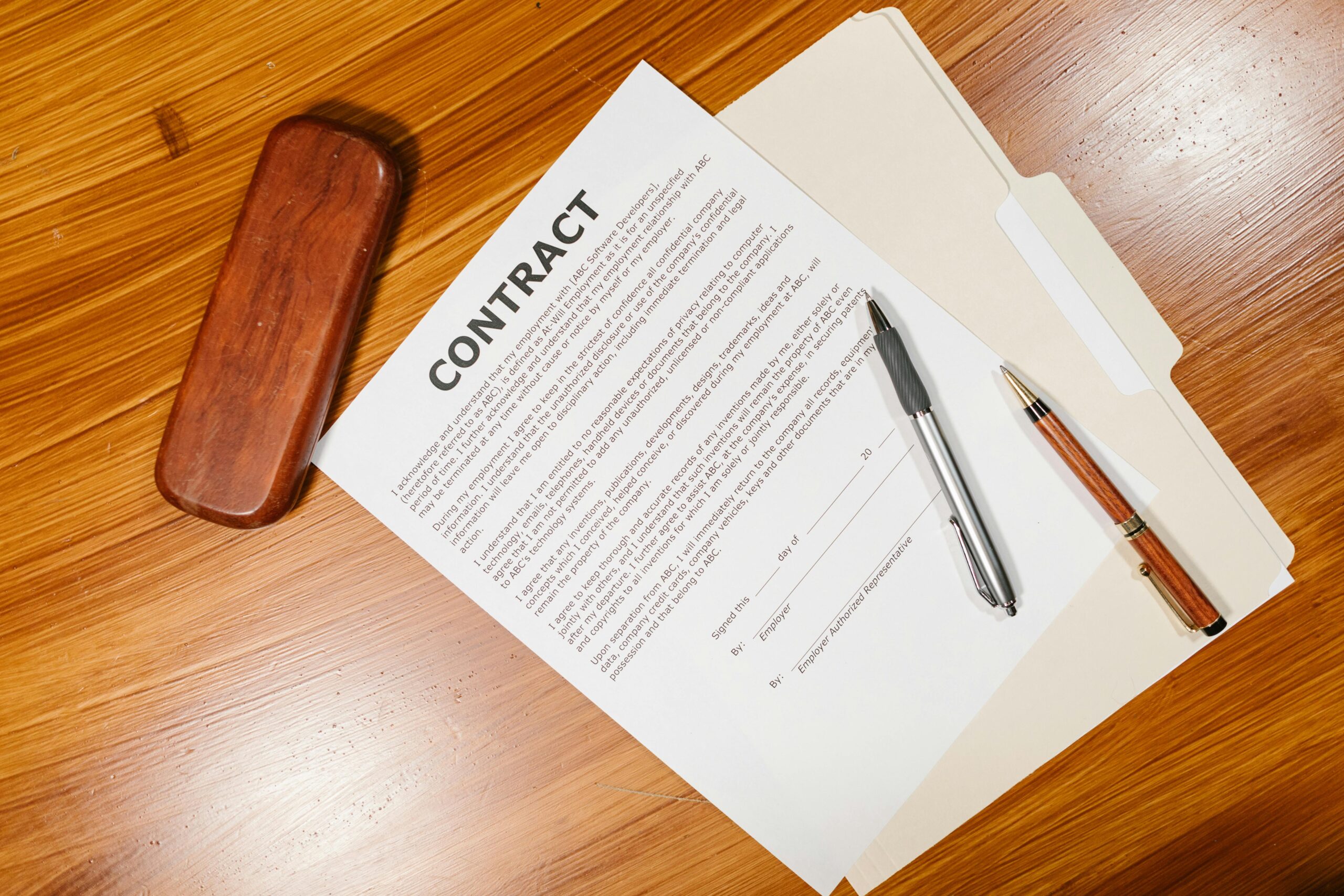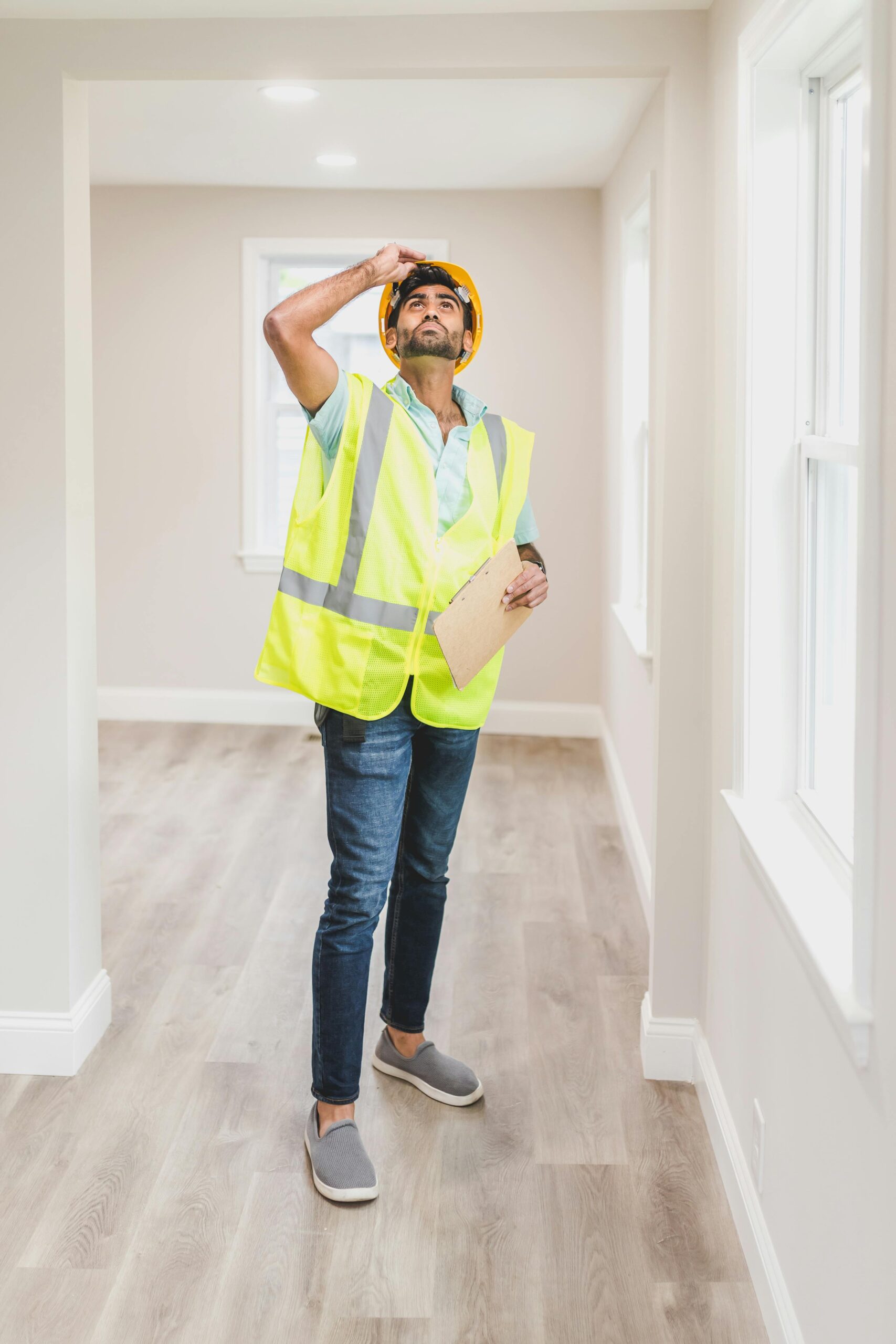
A 10 STEP BUYER'S GUIDE
This guide is designed to personally assist you in getting acquainted with the home-buying process. There’s a lot more to the home-buying process than searching online for the perfect listing that checks all the boxes.The process can be complex and overwhelming. The key is being able to shop with both your heart and your head . In this guide, I’ll walk you through every step of the home buying journey, from understanding your budget and financing options to navigating the closing process. Whether you’re a first-time homebuyer searching for your dream home or a seasoned investor searching for an investment property, we’re here to provide you with the knowledge and resources you need to make an informed decisions.
1) Know Your Budget

Get prequalified!! In a nut shell, prequalification gives you an estimate of how much you can borrow based on your financial situation and defines your budget. Knowing what you can afford at the beginning of your search saves you time and disappointment later on by setting realistic expectations upfront and not falling in love with house that you can not effort.
Research and select a mortgage lender that suits your needs. You can approach banks, mortgage brokers, credit unions, or online mortgage lenders. The process usually involves providing personal and financial information, such as your income, credit history, employment history, assets, debts, and the amount you’re looking to borrow.
By getting prequalified in advance, you can go into your home search with a clear understanding of your true affordability, and have a competitive edge when it comes to negotiating on an offer. Sellers are more likely to take your offer seriously if they know you’re financially capable of purchasing their property and are more willing to negotiate on price or other terms if they know you’re a serious buyer with financing already secured.
Prequalification also streamlines the mortgage application process. Since you’ve already provided basic financial information, the lender can expedite the underwriting process once you find a home you want to buy. Keep in mind, prequalification is different from a pre-approval. Prequalification is an initial estimate of borrowing capacity based on self-reported information, while pre-approval involves a more rigorous assessment of financial documents and provides a stronger indication of a borrower’s ability to obtain a mortgage.
2) Hire a Real Estate Agent

Overall, using a realtor can make the home buying process smoother, more efficient, and less stressful. Their expertise, market knowledge, and negotiation skills can help you achieve your real estate goals while minimizing risks and maximizing opportunities. They have extensive knowledge of the local real estate market and can provide valuable insights into neighborhood trends, property values, and market conditions, helping you make informed decisions.
Realtors have access to a wide range of listings through multiple listing services (MLS). They can help you find properties that meet your specific criteria, including those that may not be readily available to the public. They are skilled negotiators who can advocate on your behalf during the buying process and ensure you get the best possible deal.
Realtors can also guide you through all the complex paperwork and legal procedures which saves you time and reduces stress associated with the buying or selling process. They handle the legwork, coordinate appointments, and handle negotiations, allowing you to focus on other aspects of your life. Realtors have a network of professionals, including lenders, home inspectors, contractors, and attorneys, whom they can recommend if needed. This network can be invaluable in ensuring a smooth transaction.
The primary duty of a buyer’s agent is to represent the best interests of buyer throughout the home buying process. They owe fiduciary duties, including loyalty, confidentiality, disclosure, obedience, and reasonable care, ensuring they act in their clients’ best interests at all times. And the best part is that the service is completely free for you as the seller is the one that pays his/her commission.
3) Clarify Your Needs

As a home buyer, you can expect to see an array of different home styles and designs. You’ve got the choice of single-family, condo, townhome, lakefront, acreage, luxury; you can also choose bungalow, multi-storey, or split-level. In addition, you can choose a pre-existing home or new construction. In other words – you’ve got options. But what’s most important is that you choose a home that complements your lifestyle and your income.Finding the right home involves a combination of careful planning, research, and consideration of your needs, preferences, and budget.
Make a list of your must-have features, deal breakers and preferences in a home. Consider factors such as, size, number of bedrooms and bathrooms, layout, amenities,geographical area, and any specific features or requirements that are important to you and your family. Think about your long-term plans and how the home will accommodate your future needs and lifestyle changes. Consider factors such as family expansion, career changes, aging in place, and resale potential when evaluating properties.
Without a clear understanding of what you want, you may view properties that are not suitable or aligned with your preferences. This can lead to wasted time and effort in viewing properties that ultimately don’t meet your needs, causing frustration and delaying your home buying journey.
With a clear understanding of what you’re looking for, your realtor can provide targeted recommendations for properties that closely match your preferences. This ensures that you’re only viewing homes that have the potential to meet your needs and expectations. Ultimately, having a realtor who understands your wants and needs can lead to greater satisfaction with your home purchase. When you find a property that aligns with your preferences and meets your expectations, you’re more likely to feel confident and satisfied with your decision.
4) Start Viewing Homes

Let the fun begin!! Work with your real estate agent to identify potential properties that meet your needs.Once you have a list of properties you’re interested in, schedule appointments to view them. Try to schedule multiple viewings in one day to maximize your time and efficiency. If possible, schedule viewings during mid-morning or mid-afternoon when daylight is abundant.Viewing properties during daylight hours allows you to see the home in natural light and get a better sense of its ambiance and surroundings.
Focus on the things that can not be changed about the house such as: Layout,Lot size, neighborhood, proximity to schools, parks, shopping centers, public transportation, and major highway. Evaluate factors such as, zoning regulations, and building codes to determine whether the property offers opportunities for future growth or enhancement.
Try to visualize yourself living in the home as you tour it. Imagine how you would use the space, arrange your furniture, and personalize the property to suit your lifestyle and preferences. Don’t hesitate to ask questions during the viewing. Your agent can provide valuable insights and information about the property, including its history, maintenance, upgrades, and any potential issues or concerns.
Ultimately, trust your instincts and intuition when choosing the right home. Consider whether you feel comfortable, happy, and at ease in the space. If a property feels like the right fit for you and meets your needs and preferences, it may be the perfect place to call home.
5) Make an Offer

An offer is a formal proposal made by a buyer to purchase a property, outlining the terms and conditions under which the buyer is willing to proceed with the purchase. It serves as the starting point for negotiations between the buyer and seller in a real estate transaction. Work closely with your real estate agent to determine the appropriate offer price and terms based on market conditions, comparable sales, and the property’s value. Your agent can provide valuable insights and guidance throughout the offer process.
Buying a home is a major life event, and it’s natural for emotions to run high throughout the journey. It is completely normal to feel a sense of anticipation while waiting for a response to an offer. This waiting period can be filled with hope, anxiety, and eagerness to hear back from the other party. These are just a few of the emotions that can arise during the home offer process.
Maintain open communication with your real estate agent, lender, and any other professionals involved in the transaction. Express your concerns, ask questions, and seek clarification when needed. Having a clear understanding of the process can alleviate the stress. Try to approach the process with a calm and rational mindset. Emotions are natural, but they shouldn’t cloud your judgment. Take a step back when needed and assess the situation objectively.
At the end of the day, successfully navigating the offer process can be a rewarding experience and a significant milestone that can bring a sense of accomplishment and satisfaction. Always keep in mind the end goal, which is securing a dream home and embarking on a new chapter in life.
6) Have The Home Inspected

After an offer is accepted, there’s usually a conditional period (typically 5 business days) during which the buyer conducts various inspections and assessments of the property. These conditions are outlined in the purchase agreement. Depending on the terms of the purchase agreement, the buyer may have the option to walk away from the deal if they’re not satisfied with the inspection results. Alternatively, they may choose to move forward with the purchase in which case the offer becomes firm.
Arrange a home inspection to identify any major issues or concerns with the property. A professional home inspector will examine the property and assess the condition of various aspects of the home, including the structure, roof, plumbing, electrical systems, HVAC systems, and more. The inspector then provides a detailed report to the buyer outlining their findings. This report will typically include any issues or deficiencies discovered during the inspection.
home inspection provides peace of mind knowing that they have a clear understanding of the property’s condition before making a significant investment. It offers an opportunity for you to learn more about the systems and components of the prospective home. Inspectors often provide valuable insights and recommendations for maintenance and upkeep, helping buyers understand how to care for their new property effectively.
Start by researching local home inspectors in your area. You can ask for recommendations from friends, family, or your real estate agent. Additionally, online review platforms can provide valuable information about qualified inspectors in your area. Keep in mind that the cost of a home inspection can vary depending on factors such as the size and age of the home, as well as the scope of the inspection.The average cost for a standard residential home inspection is between $300-$500 dollars.
7) Finalize Loan Details

Get pre-approved!! Now it’s time to go back to the mortgage lender who pre-qualified you and choose your mortgage. There are a few of the mortgage options available to borrowers. It’s important to carefully consider your financial situation, long-term goals, and preferences when selecting a mortgage type. explore your options and find the best fit for your needs.
Once all lender’s criterias are met, you’ll receive a pre-approval letter stating the maximum loan amount you qualify for based on your financial situation. Pre-approval letters typically expire after a certain period (e.g., 60-90 days). If you haven’t finalized the closing date (the date on which the sale of the property is finalized, and ownership is transferred) of the home within that timeframe, you may need to renew your pre-approval with updated financial information.
Most mortgage loans require a down payment, which is a percentage of the home’s purchase price paid upfront. The size of your down payment can affect your loan terms, interest rate, and mortgage insurance requirements. The standard downpayment for mortgage loans are generally 20% of the home’s purchase price. If you’re making a down payment of less than 20%, CMHC (Canada Mortgage and Housing Corporation) mortgage loan insurance is typically required and results in additional monthly payments that are calculated as a percentage of the mortgage loan amount.
Please keep in mind that In addition to your monthly mortgage payments, there are several other costs associated with homeownership that you’ll need to budget for. These additional costs can vary depending the type of property you’re purchasing and your specific circumstances. Some common additional monthly costs are: property taxes,utilities,maintance fees (condos), home Insurace, repairs and maintenance.
8) Prepare For Closing

Make sure you have homeowners insurance in place before closing. Your lender will require you to provide documentation. Contact your utility providers to schedule the transfer or cancellation of services whichmay include electricity, gas, water, internet, cable, and phone services and car insurance. Research moving companies and book your moving date well in advance. If you’re moving yourself, arrange for a rental truck or moving van.
Make sure to arrange all the funds. The lawyer will require you to bring a bank draft or arrange for a wire transfer to cover your closing costs, down payment, and any other expenses due at closing. Your lawyer will provide you with the exact amount and instructions for payment closer to the closing date.
You will also receive a Closing Disclosure document from your lender. Review this document carefully to ensure that the terms of your loan, including the interest rate, loan amount, closing costs, and other details, are accurate and match your expectations. This is an extra layer of protection for you from potential disputes or legal issues that may arise from undisclosed information. Review the documents and to seek clarification or additional information as needed.
Please note that there is a big expense associated with home ownership, which was not discussed, which is Land Transfer Tax (LTT). LTT is part of the closing costs and is due on closing. LTT is a tax imposed by some provinces and municipalities in Canada on the transfer of real estate property from one party to another. The tax is typically calculated based on the purchase price or fair market value of the property being transferred. In addition to provincial LTT, some municipalities, such as Toronto and Vancouver, also impose their own additional municipal land transfer tax. Please refer to the Land Transfer Tax calculator (under the tools section) to get a better understanding of the amounts.
9) Final Inspection

Shortly before closing (Typically a day before), schedule a final walk-through of the property to ensure that it’s in the agreed-upon condition and that any repairs or negotiated items have been addressed satisfactorily. Bring a copy of the inspection report and any repair requests for reference during the walk-through.
Walk through the entire property, including the interior and exterior, to inspect its condition. Pay close attention to areas that were identified as needing repairs or maintenance during the home inspection or negotiations. Check that all appliances, fixtures, and systems are in working order and that there are no visible damages or issues.
Take photos or videos of any issues or concerns you identify during the walkthrough as evidence for further discussion or negotiation, if necessary. Keep detailed records of your observations and any communications with the seller or their representatives. By conducting a thorough final walkthrough, you can ensure that the transaction proceeds smoothly.
If you have any questions or uncertainties during the walkthrough process, don’t hesitate to seek guidance from your real estate agent, attorney, or other professionals involved in the transaction. If you encounter any issues or discrepancies during the walkthrough, communicate them to the seller or their agent as soon as possible. Request that any necessary repairs or adjustments be addressed before closing to avoid delays or complications.
10) Close

On closing day, you will need to sign a variety of legal documents provided by the lawyer related to the purchase and transfer of the property. It’s essential to read and understand each document before signing. Once all documents have been signed, you will need to provide the necessary funds to cover the purchase price, closing costs, and other expenses. The Lawyer will then distribute these funds as directed, paying off any existing liens or mortgages and disbursing proceeds to the seller.
Plan to arrive early for the closing appointment and allow plenty of time for the process to unfold. Closing meetings can sometimes take longer than expected, so it’s best to schedule additional time to avoid feeling rushed. Keep all closing documents and paperwork organized and readily accessible during the closing appointment. This will help ensure that the process goes smoothly and that you have everything you need to complete the transaction.
Once the closing is complete and ownership has been transferred, you will receive the keys to your new home and allows you to take possession of the property. For security reasons, consider changing the locks on all exterior doors to your new home. This will help ensure that you’re the only one with access to your property and provide peace of mind, knowing that previous owners or tenants no longer have keys.
After closing day, follow up with your real estate agent, lender, and any other relevant parties to confirm that all necessary paperwork has been processed and that any post-closing tasks, such as transferring utilities and updating your address, have been completed. Once you’ve settled into your new home and completed the necessary tasks, take some time to celebrate this significant milestone by hosting a housewarming party, so your friends and family see your new place.
